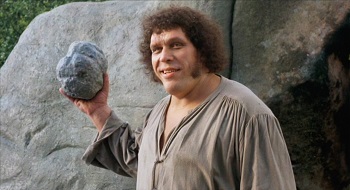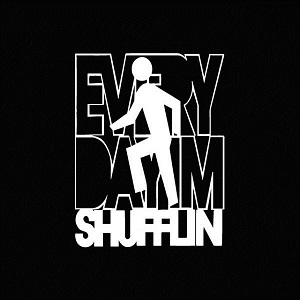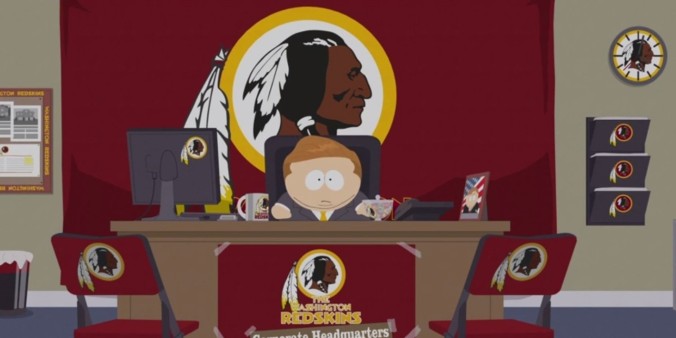[originally published October 2, 2015 on www.law-dlc.com]
In 2014, the United States Supreme Court effectively killed a long-standing affirmative defense to copyright infringement, the defense of “laches.” See Petrella v. Metro-Goldwyn-Mayer, 134 S. Ct. 1962 (U.S. 2014). Laches is essentially an alleged infringer’s defense to a “gotcha!” tactic by a rights holder who has delayed for many years in bringing suit to enforce those purported rights. Laches is based on equitable principles that a substantially long delay in enforcing legal rights is likely to prejudice the adverse party.[1] It is the judicial system’s way of saying “hey! That’s not fair! We are not going to let you do that.” Laches is available as a defense in many types of proceedings, not just intellectual property matters, but the intangible nature of IP rights lends itself more favorably to successfully invoking “laches” as a defense.




Recent Comments